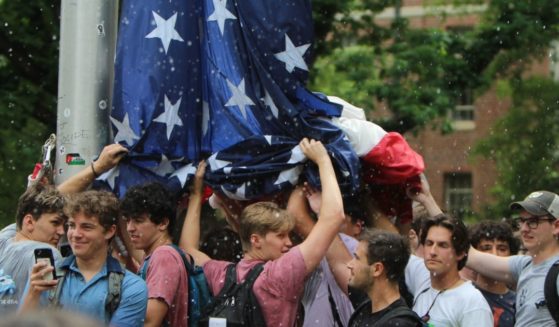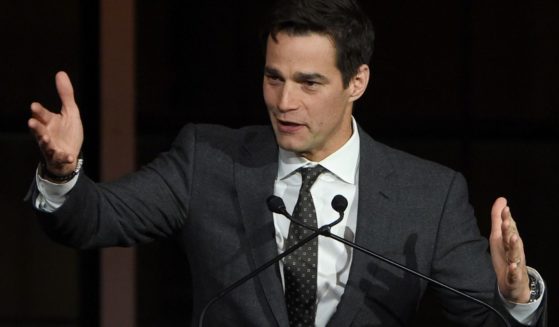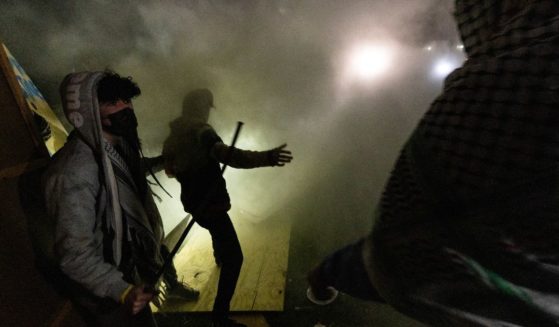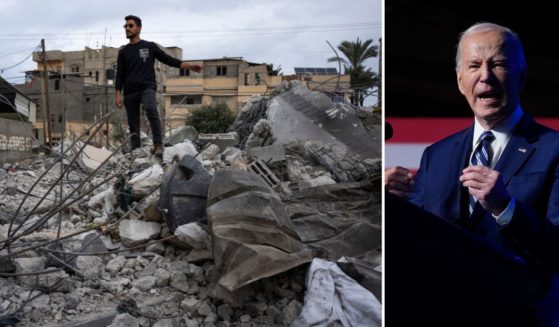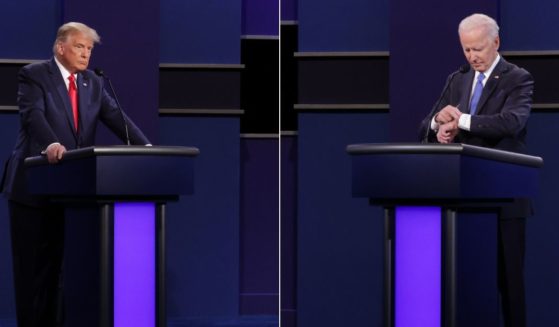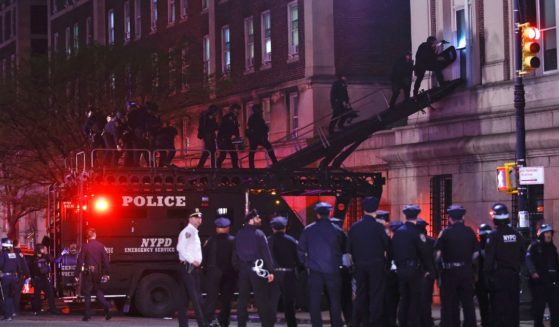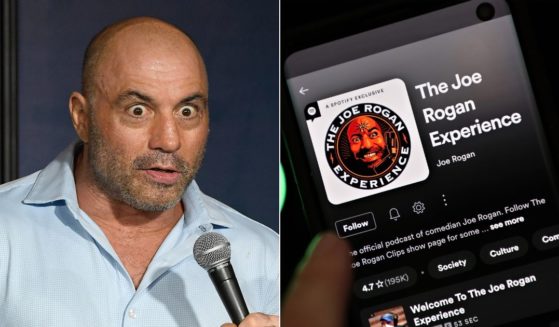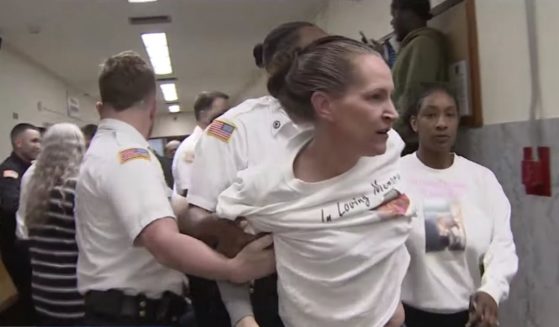Supreme Court Issues Key Electoral College Ruling
The Supreme Court ruled unanimously Monday that states can require presidential electors to back their states’ popular vote winner in the Electoral College.
The ruling, just under four months before the 2020 election, leaves in place laws in 32 states and the District of Columbia that bind electors to vote for the popular-vote winner, and electors almost always do so anyway.
So-called faithless electors have not been critical to the outcome of a presidential election, but that could change in a race decided by just a few electoral votes.
It takes 270 electoral votes to win the presidency.
Justice Elena Kagan wrote for the court that a state may instruct “electors that they have no ground for reversing the vote of millions of its citizens.
“That direction accords with the Constitution — as well as with the trust of a Nation that here, We the People rule.”
The justices had scheduled arguments for the spring so they could resolve the issue before the election, rather than amid a potential political crisis after the country votes.
When the court heard arguments by telephone in May because of the coronavirus outbreak, justices invoked fears of bribery and chaos if electors could cast their ballots regardless of the popular vote outcome in their states.
The issue arose in lawsuits filed by three Hillary Clinton electors in Washington state and one in Colorado who refused to vote for her despite her popular vote win in both states.
In so doing, they hoped to persuade enough electors in states won by Donald Trump to choose someone else and deny Trump the presidency.
The federal appeals court in Denver ruled that electors can vote as they please, rejecting arguments that they must choose the popular-vote winner.
In Washington, the state Supreme Court upheld a $1,000 fine against the three electors and rejected their claims.
In all, there were 10 faithless electors in 2016, including a fourth in Washington, a Democratic elector in Hawaii and two Republican electors in Texas.
In addition, Democratic electors who said they would not vote for Clinton were replaced in Maine and Minnesota.
The closest Electoral College margin in recent years was in 2000, when Republican George W. Bush received 271 votes to 266 for Democrat Al Gore. One elector from Washington, D.C., left her ballot blank.
The Supreme Court played a decisive role in that election, ending a recount in Florida, where Bush held a 537-vote margin out of 6 million ballots cast.
The justices scheduled separate arguments in the Washington and Colorado cases after Justice Sonia Sotomayor belatedly removed herself from the Colorado case because she knows one of the plaintiffs.
In asking the Supreme Court to rule that states can require electors to vote for the state winner, Colorado had urged the justices not to wait until “the heat of a close presidential election.”
The Western Journal has reviewed this Associated Press story and may have altered it prior to publication to ensure that it meets our editorial standards.
Truth and Accuracy
We are committed to truth and accuracy in all of our journalism. Read our editorial standards.


